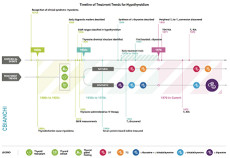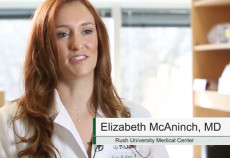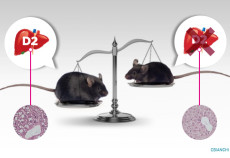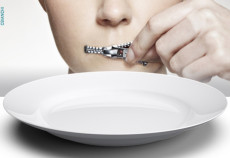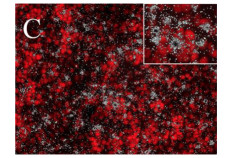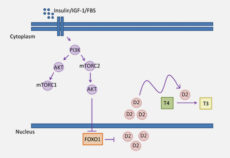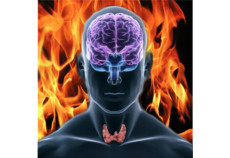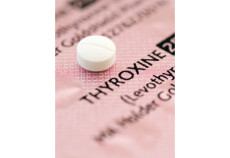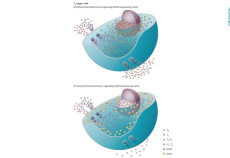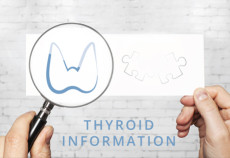
American Thyroid Association – Information for Patients and Clinical Thyroidology for the Public
Clinical Thyroidology for the Public Clinical Thyroidology for the Public summarizes selected research studies discussed in the previous month’s issue of Clinical Thyroidology, an official publication of the American Thyroid Association®. Read More Thyroid Information for Patients American Thyroid Association®. The thyroid gland is a butterfly-shaped endocrine gland that is normally located in the […]
